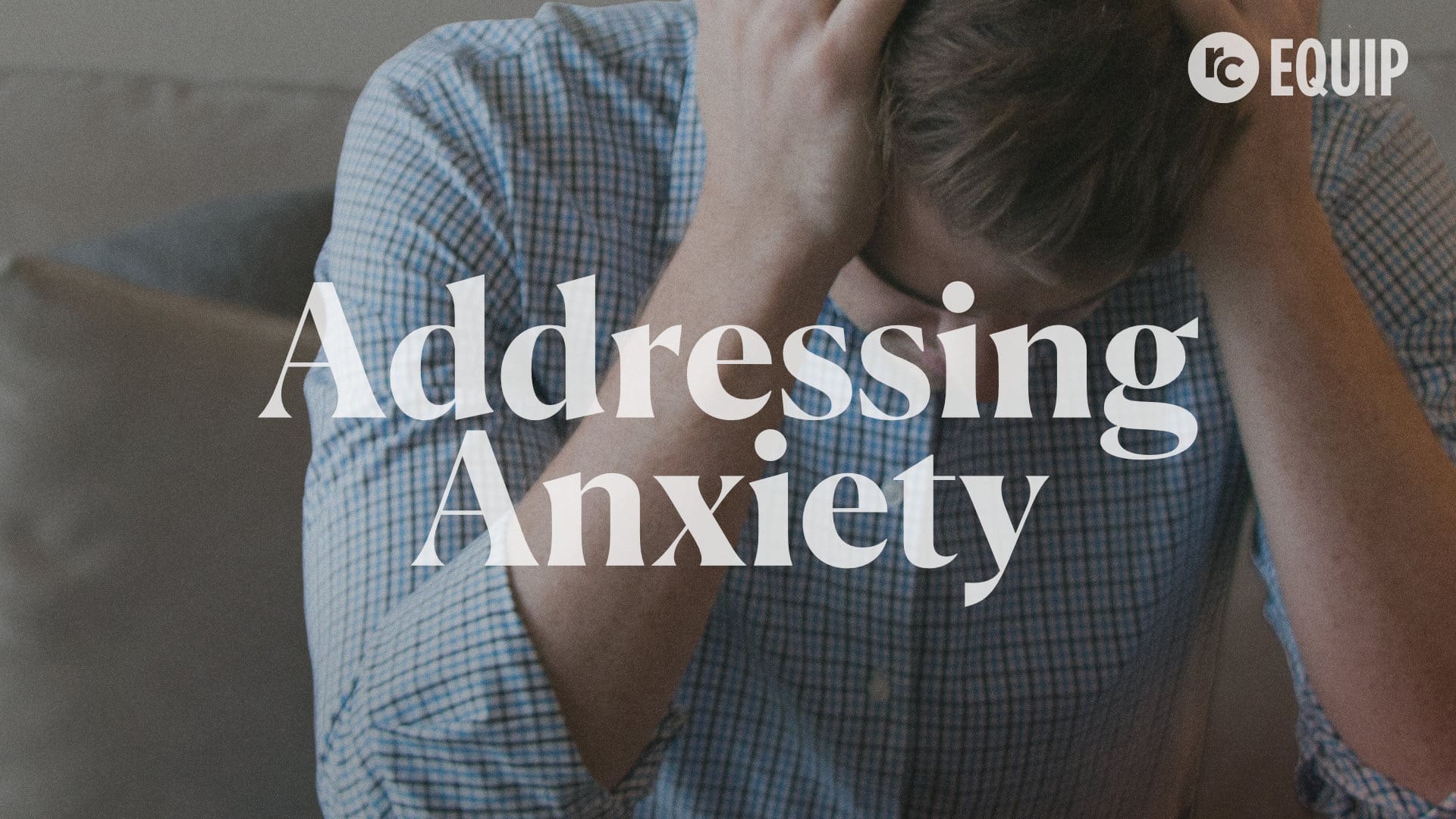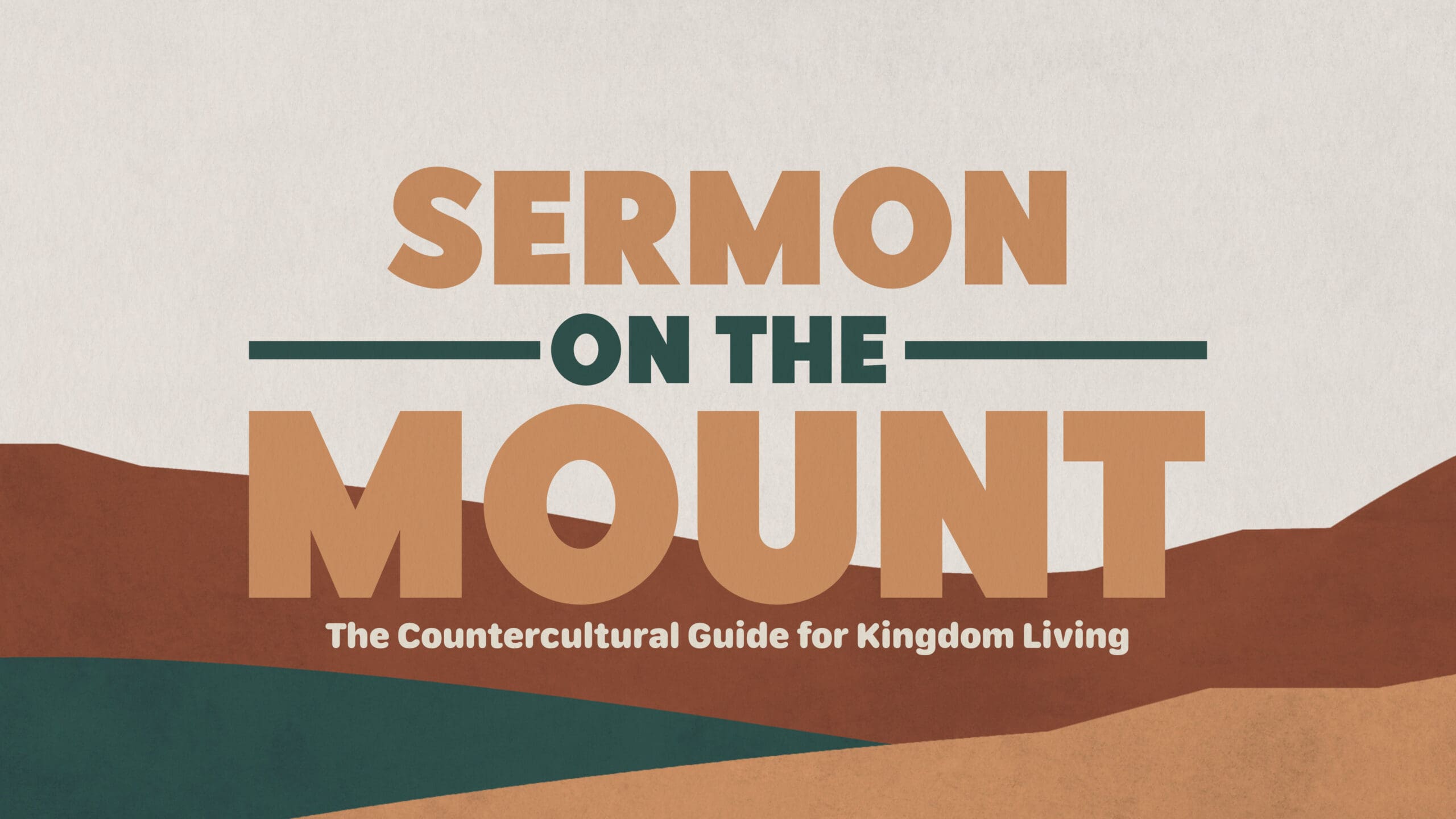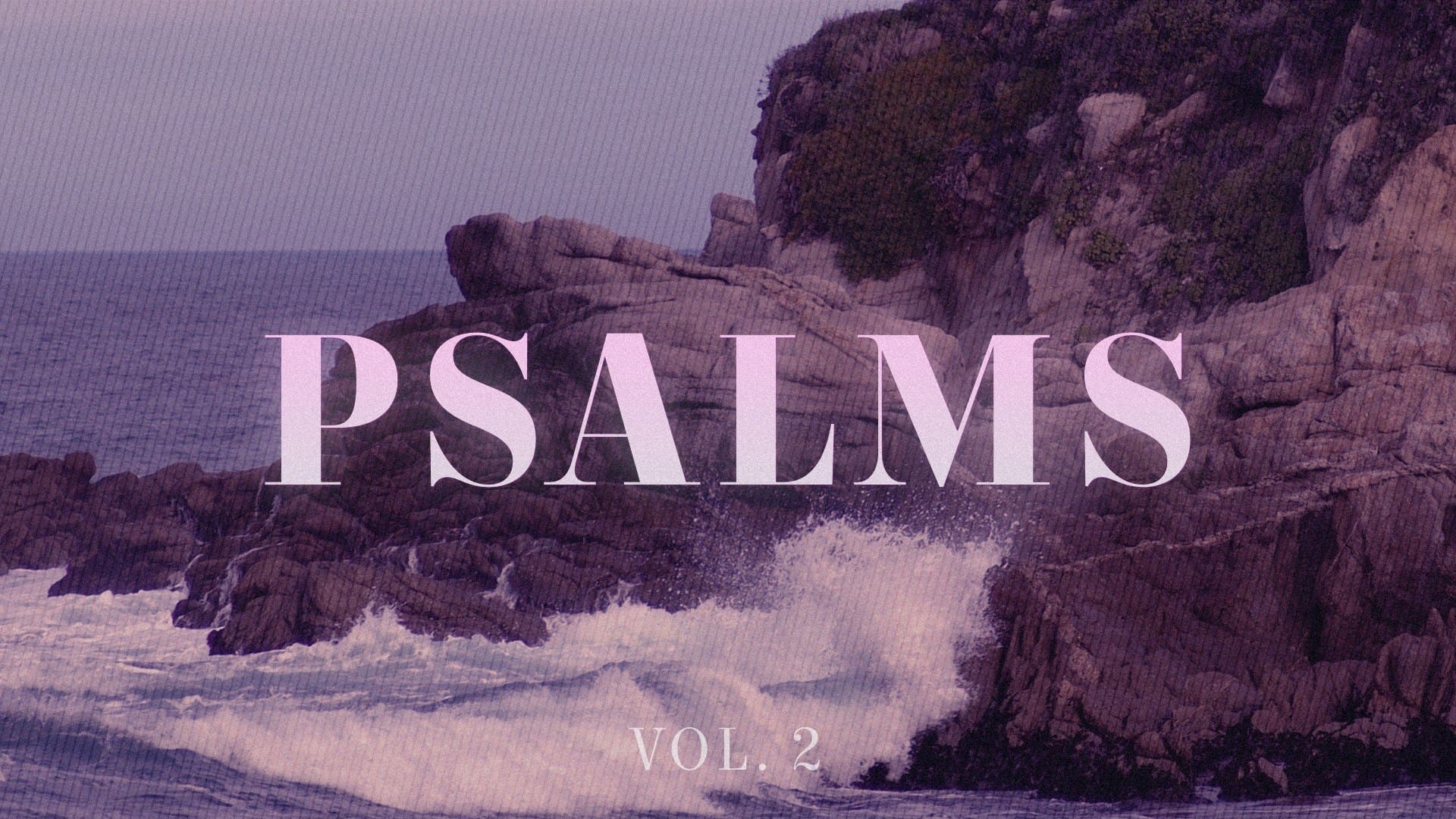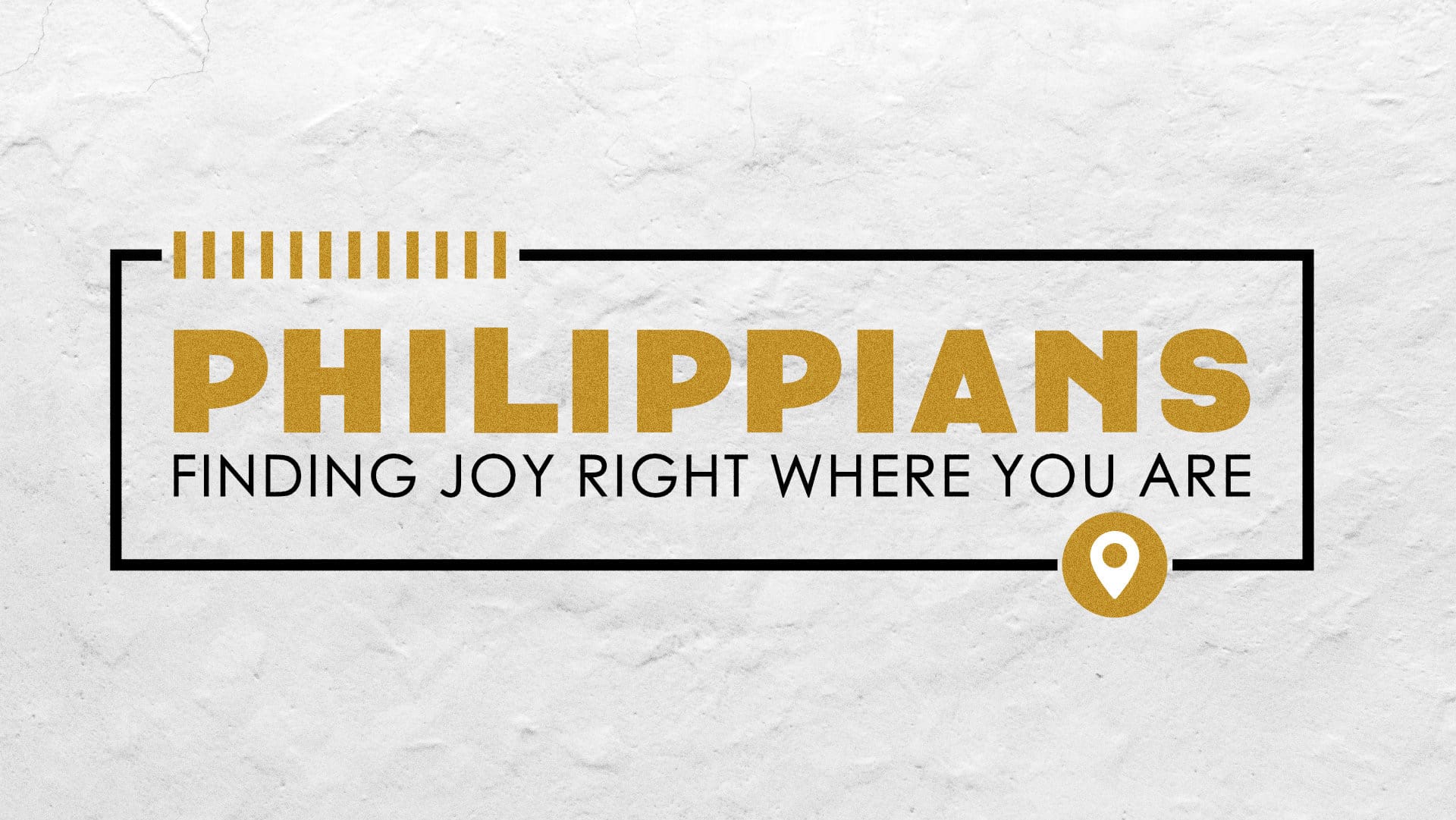Stress
- Stress is defined as an organism’s total response to environmental demands or pressures.
- The causes of stress can include any event or occurrence that a person considers a threat to his or her coping strategies or resources.
- Researchers generally agree that a certain degree of stress is to be expected; however, when unchecked, stress can become a serious problem causing major damage to a person’s physical, mental, emotional and spiritual wellbeing.
- Medical research estimates as much as 90 percent of illness and disease is stress-related
Anxiety
- Anxiety is a normal reaction to many different kinds of events and situations in our lives.
- Anxiety is one of our internal warning systems that alerts us to dangers or threats and prepares our bodies to fight back or get out of a dangerous satiation. (Flight, fight or freeze response)
- Anxiety sometimes leads to a panic attack, a sudden feeling of acute and disabling anxiety.
- There is a difference between a panic attack and an anxiety disorder.
- An anxiety disorder is a mental health issue when it is overwhelming or unmanageable and it comes up unexpectedly. An anxiety disorder is a mental health issue which should be addressed by contacting a physician and a counselor.
Depression
- Depression is a mental state of altered mood characterized by feelings of sadness, despair, and discouragement.
- Mild, sporadic depression is a relatively common phenomenon experienced by everyone at some time.
- Symptoms of severe depression include a sense of loss and despair and sometimes require medication and/or hospitalization.
- Early signs of depression include pessimistic statements, refusal to eat, diminished concern about personal appearance, and reluctance to make decisions.










